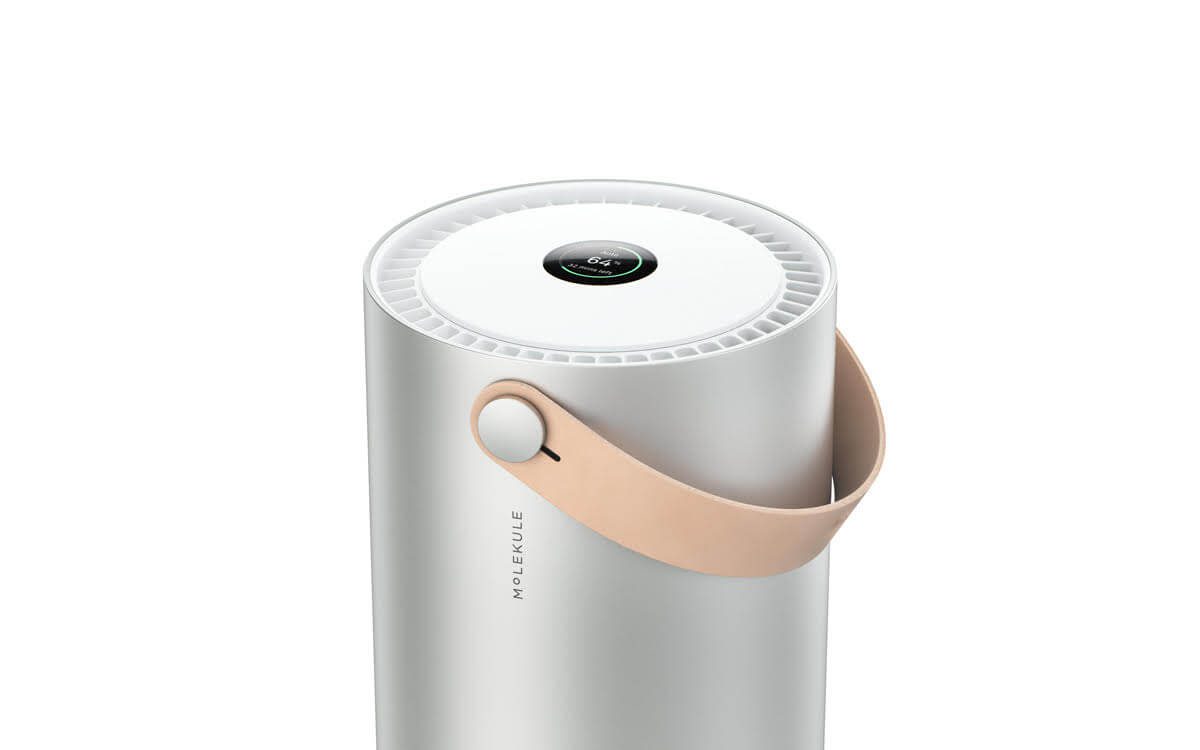Air Purifiers: Clean Air for Better Days and Better Sleep
Plain English picks, sizing help, and practical tips you can use tonight.
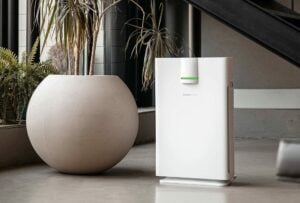
Overview
Air purifiers can reduce allergens, fine particles, and odors that build up indoors. If you wake up congested, notice more dust than you expect, have pets, or deal with seasonal allergies, a properly sized purifier can make a real difference.
I see this personally with my own metrics. When the air quality drops, my HRV (heart rate variability) takes a hit. At the showroom (1441 Encinitas Blvd), we run these constantly to keep the environment crisp.
Tip: Sizing matters more than fancy features. A great purifier that is too small for the room will disappoint.
Best Air Purifiers for Sleep
These picks are here because they tend to do three things well: quiet low speed operation, steady airflow, and filter performance you can count on.
Best Overall for Most Sleepers
Alen is a strong choice for bedrooms because it balances airflow, filtration, and low noise settings. It is also a good fit if you want one unit to cover a larger primary bedroom.
Best for Design Focused Spaces
Molekule is often chosen for looks and a different filtration approach. If you want something that blends into a modern bedroom, this is the vibe pick.
Straight talk: If sleep is the priority, run your purifier on a lower steady speed all night instead of blasting turbo for short bursts.
Quick Comparison
| Brand | Best for | Why it works | Shop |
|---|---|---|---|
| Alen | Sleep, allergies, larger bedrooms | Strong filtration and solid bedroom performance when sized correctly | Alen link |
| Molekule | Design forward rooms, odor control goals | Chosen often for aesthetics and a different filtration method | Molekule link |
When you give me additional air purifier affiliate links, I will expand this table so it becomes the main conversion engine on the page.
What to Look For in an Air Purifier
- True HEPA filtration for fine particles (don't settle for "HEPA-type")
- Activated carbon for odors and VOCs
- Coverage that matches your room size
- Quiet low speed settings for night use
- Filter costs that stay reasonable over time
- Simple controls and a clear filter change indicator
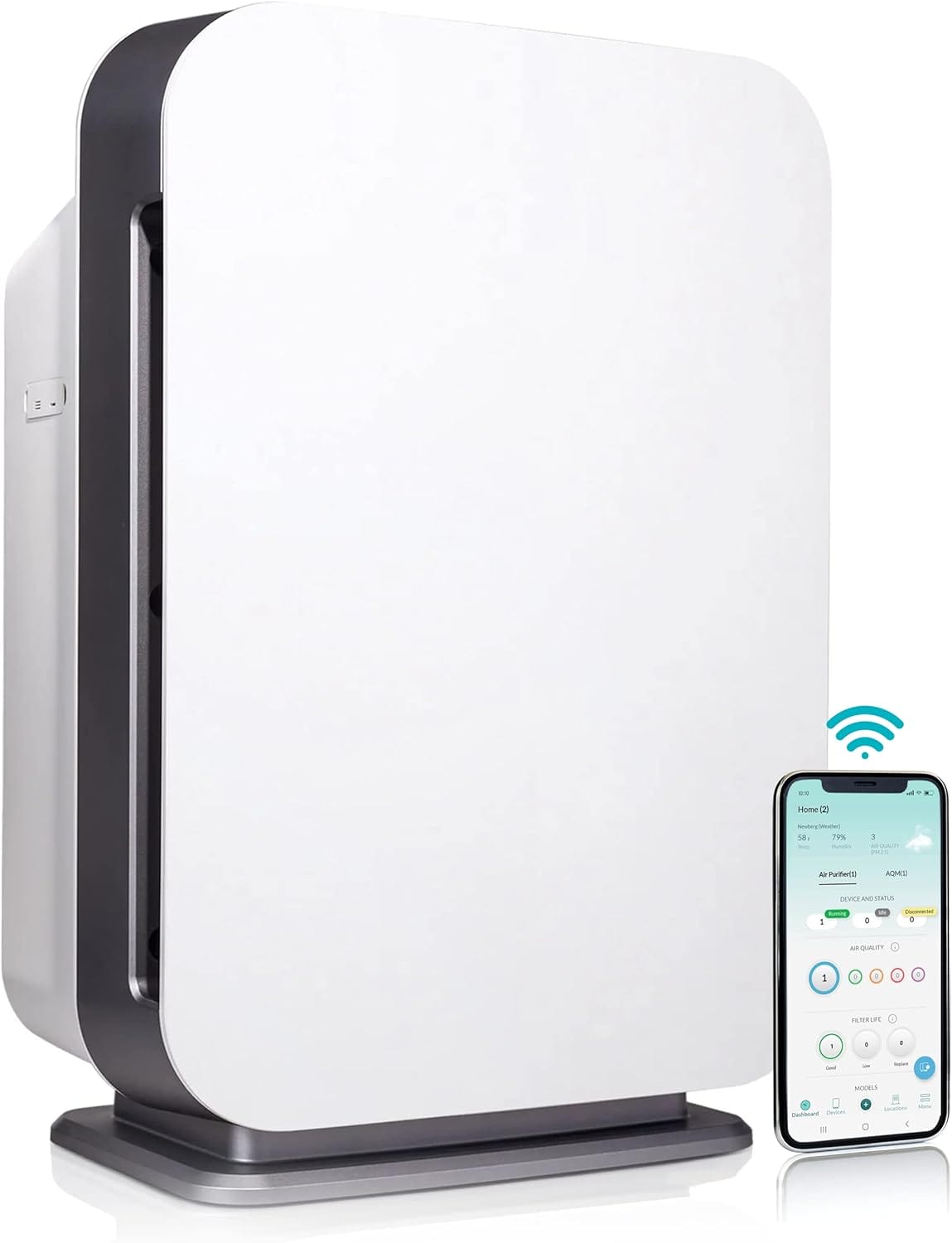
Brand Notes with Inline Shopping Links
Alen
If you want a strong all around purifier that is easy to live with, this is the practical pick. It is commonly chosen for bedrooms and main living areas.
Molekule
This is often picked for style and presence in the room. If you care about how a purifier looks in a modern bedroom, Molekule is usually on the shortlist.
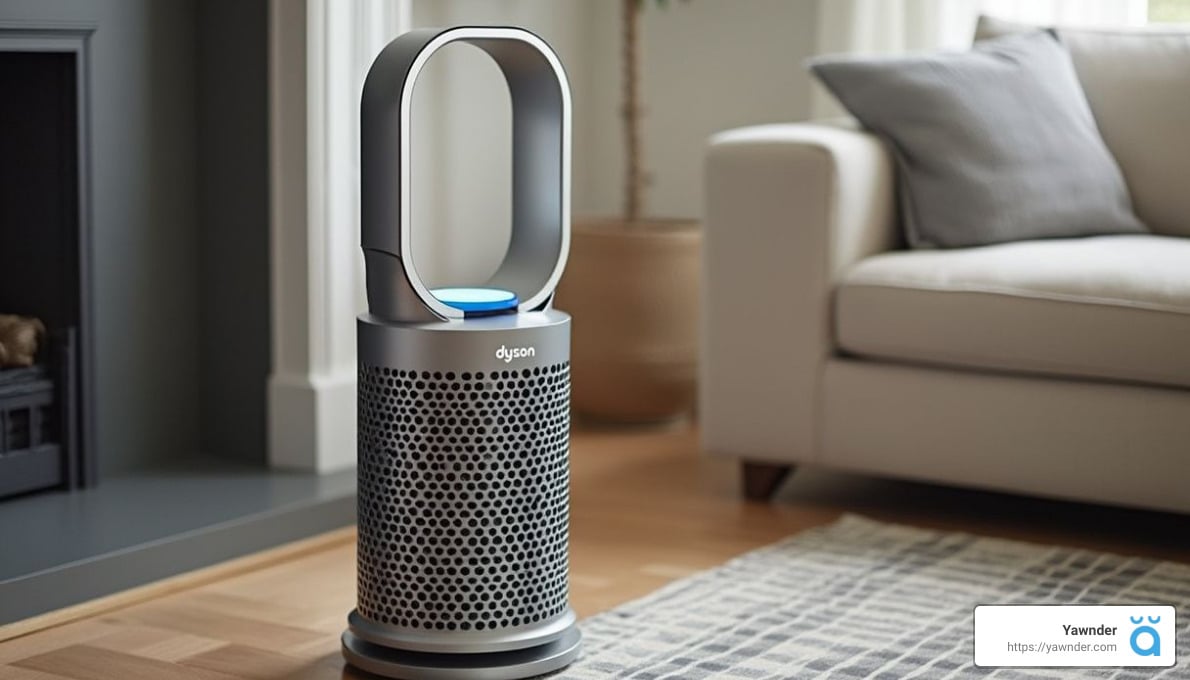
Usage Tips That Actually Move the Needle
- Put the purifier where air can circulate, not tucked behind furniture.
- For bedrooms, run a steady low speed all night.
- Keep doors closed if you are trying to clean one specific room.
- Replace filters on schedule—performance drops fast when filters are clogged.
- If wildfire smoke is the issue, prioritize HEPA plus carbon.
Ben's Note: I'm serious about filter changes. It hurts the wallet, but breathing through a dirty filter is useless.
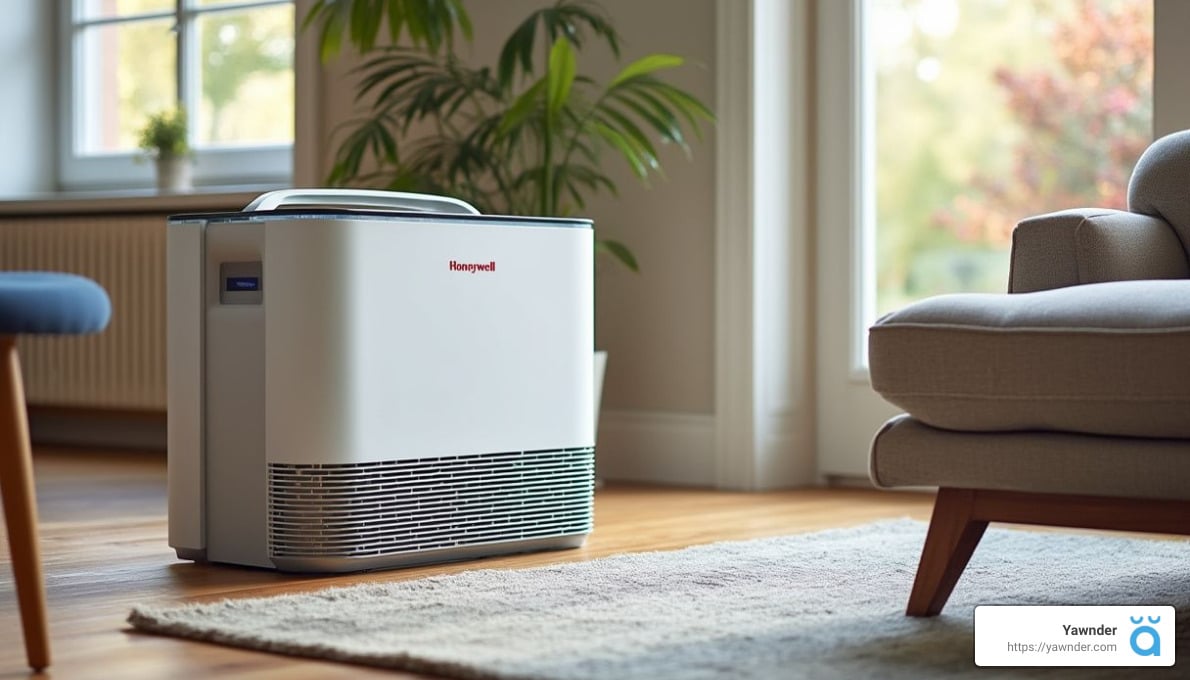
Shop Air Purifier Brands
These are all the air purifier affiliate links you have shared with me so far.
Affiliate links support independent reviews at no added cost to you.


